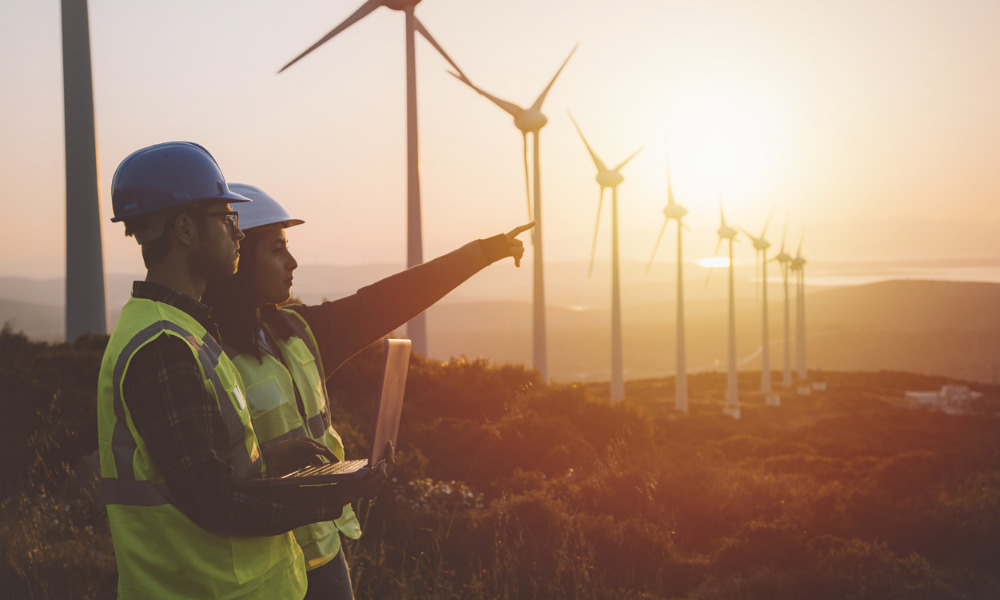
Driven by a lot of factors, industries are reportedly seeking more 'green skills'

The country’s labour market has seen a surge in demand for green skills lately as the economy gears towards lessening its carbon footprint and transforming its sectors into more sustainable systems.
According to The Sydney Morning Herald (SMH), data about in-demand jobs attest that industries are committing to be “greener.” Based on a report released by tech giant LinkedIn, an employment networking site operator, the recruitment of sustainability managers was 24 percent higher last year than the trend in 2016.
“This is a really big transformation that’s happening,” Jay Rutovitz, research director for the Institute for Sustainable Futures, told SMH.
“Is it going fast enough? No. But is it going fast? Yes. And a lot of that change is in construction. We need to build a lot of stuff,” Rutovitz added.
According to SMH, the data from LinkedIn’s report showed that “there are over three times as many green job opportunities in Australia (1.2 percent) compared to other countries in the region (0.36 percent).”
Additionally, the report revealed the “fast-growing green jobs” include ecologists and geologists, while the “fastest-growing greening jobs” are power system engineers, surveillance supervisors and directors of risk management.
“In 2019, the hiring balance tipped towards green talent, as the green hiring rate accelerated ahead of the overall hiring rate in most economies around the world,” LinkedIn Australia and New Zealand managing director Matt Tindale told SMH.
“This means that, globally, green workers were hired at a higher rate than non-green workers. The pandemic has accelerated this trend, which suggests that green talent has been relatively more resilient to an economic downturn than non-green talent,” he added.
Rutovitz also noted that there is also a “growing corporate focus” on climate-related risk management and financial disclosure. More companies and employers are trying to incorporate green skills into roles that are “not conventionally associated with environmental impact,” he said.
“That’s partly driven by climate action, but also driven by risk. We are seeing enormous risks from climate change, and this is being reflected in our financial sector,” Rutovitz said.
Tindale also echoed the same insight and added that, “aside from hiring more people into green jobs which require green skills, companies can also look to incorporate green skills into existing jobs that are not traditionally green in nature,” he told SMH.
“For example, a procurement professional can be upskilled in the area of sustainable procurement, and ... contribute to the company’s sustainability efforts. Future-focused job seekers should be looking at how they can upskill in these areas to make sure they can jump on any relevant opportunities in the [green economy] roles being created,” Tindale said.
The same report also said that the employers actively seeking out green talent are construction, corporate services, energy and mining, public administration, and manufacturing.